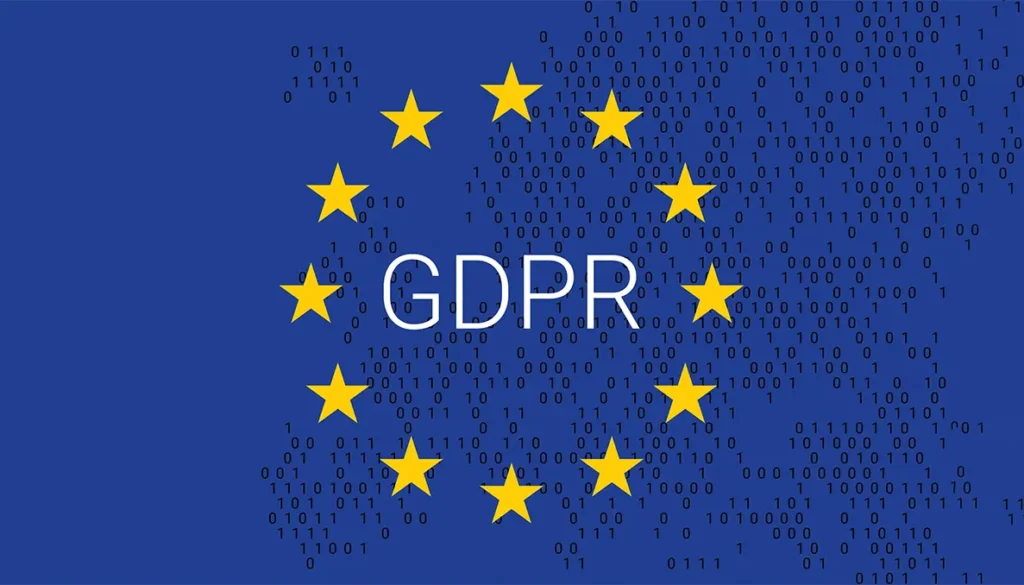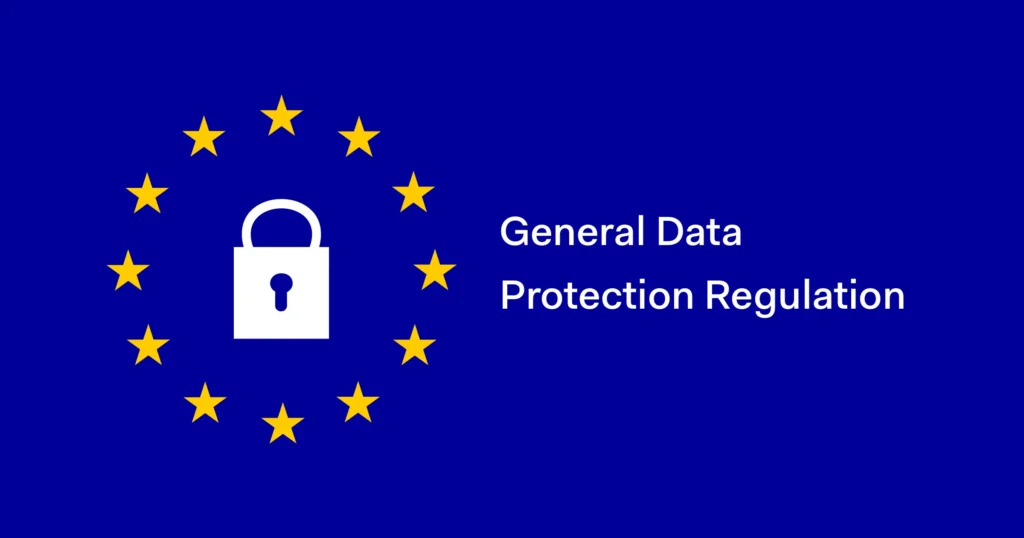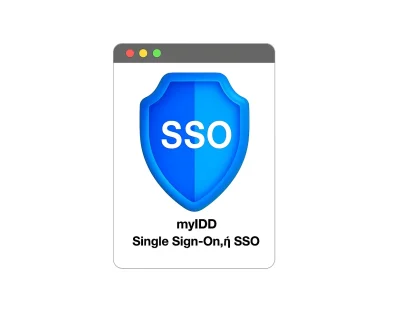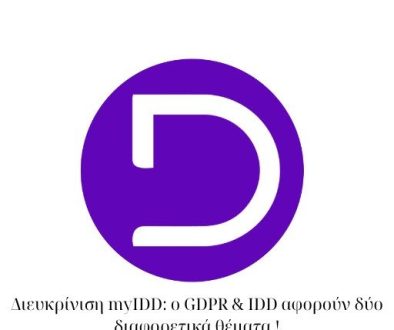GDPR: Everything You Need to Know About Protecting Your Personal Data
🔒 Have you ever wondered how secure your personal data is in the digital world? In the information age, protecting our privacy has become more important than ever. The General Data Protection Regulation (GDPR) has come to change the landscape, but how many of us really understand what it means for our rights?
Imagine a world where you have full control over your personal information. An environment where companies cannot simply collect and use your data without your consent. This world is not far away - it's here, thanks to the GDPR. But to take full advantage of this protection, you first need to understand exactly what the GDPR is and how it works.
In this article, we'll explore everything around the GDPR - from its basics to your rights as a citizen to your obligations as a business. You'll learn about the consequences of non-compliance, how to protect your personal data, and we'll take a look at the future of data protection. Let's start this journey into the world of GDPR! 👀💡
What is GDPR
Α. Definition and purpose
The General Data Protection Regulation (GDPR) is a legislative framework of the European Union that aims to strengthen and harmonise the protection of citizens' personal data. Its main goal is to give citizens control over their personal information and to simplify the regulatory environment for businesses.
Β. When it entered into force
The GDPR came into force on 25 May 2018, replacing the previous 1995 Data Protection Directive. Its implementation marked a new era in the protection of privacy and citizens' rights in the digital age.
Γ. Who it concerns
The GDPR is widely applicable and concerns:
- All businesses and organisations that process personal data of EU citizens
- Non-EU companies offering goods or services to EU citizens
- Organisations that monitor the behaviour of people within the EU
The Regulation applies regardless of the size of the business or the volume of data it processes, making it a universal framework of protection for all European citizens.
With this foundation in place, we can now look at the key principles underlying the GDPR and how they affect the day-to-day management of personal data.
Basic principles of GDPR
The GDPR is based on fundamental principles that ensure the protection of personal data. Let's look at the five key principles that underpin this regulation:
Legitimacy, transparency and fairness
Data processing must be lawful, transparent and fair. Organisations must inform citizens about how their data is used and have a legitimate basis for processing it.
Limitation of the purpose
Data must be collected for specific, explicit and legitimate purposes. Its use for other purposes is prohibited, except with the consent of the individual.
Data minimisation
Organisations should collect only the data necessary for the purpose of processing. Excessive data collection is contrary to the principles of the GDPR.
Precision
Personal data must be accurate and up to date. Organisations must take steps to correct or delete inaccurate data.
Limitation of the storage period
Data should only be kept for the necessary period of time. After their purpose has been fulfilled, they must be deleted or anonymised.
These principles are at the core of the GDPR and ensure that personal data is adequately protected. Next, we will look at the specific rights that the GDPR gives citizens.
Citizens' rights
The GDPR significantly strengthens citizens' rights regarding their personal data. Let's look at the key rights provided by the regulation:
Right of access
You have the right to know what personal data are processed by organisations and for what purpose. You can request a copy of your data and information about how they are processed.
Right to rectification
If the data are inaccurate or incomplete, you have the right to request that they be corrected. The organisations must respond to this request without undue delay.
Right to erasure
Also known as the "right to be forgotten", it allows you to request the deletion of your personal data under certain conditions, such as when it is no longer necessary for the original purpose for which it was collected.
Right to data portability
You can receive your personal data in a structured, commonly used format and transfer it to another organisation without hindrance.
These rights empower citizens by giving them more control over their personal data. Next, we will look at the obligations of businesses to safeguard these rights.
Obligations of businesses
Businesses operating within the European Union have important obligations under the GDPR. These obligations are aimed at protecting citizens' personal data and ensuring transparency in its management.
Consent and transparency
Companies must obtain clear and explicit consent from users before collecting or processing their personal data. In addition, they must provide transparent information on how the data will be used.
Data security
Protecting personal data from cyber-attacks and leaks is critical. Businesses must implement appropriate security measures, such as:
- Data encryption
- Regular system upgrades
- Limited access to sensitive data
Notification of infringements
In the event of a data breach, companies are required to inform the authorities within 72 hours and the affected users without undue delay.
Data Protection Officer (DPO)
Many companies must appoint a Data Protection Officer, who will oversee compliance with the GDPR and will act as a point of contact with the data protection authorities.
Compliance with these obligations is vital to ensure customer confidence and avoid significant fines. Next, we will consider the potential consequences of non-compliance with the GDPR.
Consequences of non-compliance
Failure to comply with GDPR can have serious consequences for businesses. Let's look at the main implications:
Fines and penalties
The financial penalties for violating the GDPR can be extremely high:
- Fines of up to €20 million or 4% of global annual turnover (whichever is higher)
- Possibility to impose administrative fines
- Suspension of data processing
Impact on the company's reputation
A breach of GDPR can seriously damage a company's reputation:
- Loss of customer confidence
- Negative publicity in the media
- Reduction in brand value
Legal consequences
In addition to fines, businesses may face other legal consequences:
- Lawsuits from people whose rights have been violated
- Possible criminal prosecution in serious cases
- Prohibition of data processing
Given these serious implications, it is clear that GDPR compliance is not just a legal obligation, but also a business necessity. Below, we'll look at how you can protect your personal data under the GDPR.
How to protect your personal data
With the knowledge you have gained about GDPR, it is important to implement practices to protect your personal data. Here are some key ways to do so:
Check your privacy settings
Regularly review and adjust the privacy settings on the online platforms and apps you use. Limit access to your information only to people and entities you trust.
Read the privacy policies carefully
Take time to understand the privacy policies of the services you use. Pay particular attention to how your data is collected, used and shared.
You use strong passwords
Δημιουργήστε μοναδικούς και περίπλοκους κωδικούς πρόσβασης για κάθε λογαριασμό σας. Χρησιμοποιήστε ένα συνδυασμό από:
- Capital letters and lower case
- Numbers
- Special characters
Consider using a password manager for secure storage.
Be careful what you share online
Think carefully before posting personal information on social media or other online platforms. Remember that what you share can become public, even if you have limited privacy settings.
By implementing these practices, you can significantly enhance the protection of your personal data in the digital age. Next, we'll look at future trends in data protection and how the privacy landscape may evolve.
Conclusion
The General Data Protection Regulation (GDPR) is an important step towards strengthening citizens' rights and ensuring the protection of personal data in the digital age. By understanding the basic principles, our rights and the obligations of businesses, we can take an active role in protecting our information.
As technology evolves and privacy challenges increase, it is important to stay informed and vigilant. Let's take advantage of the tools and knowledge provided by GDPR to safeguard our personal data and help shape a safer digital future.







